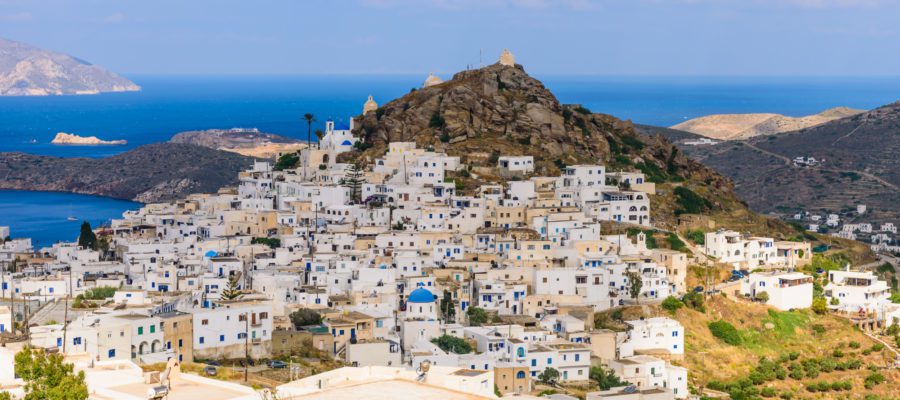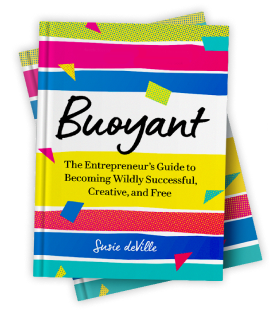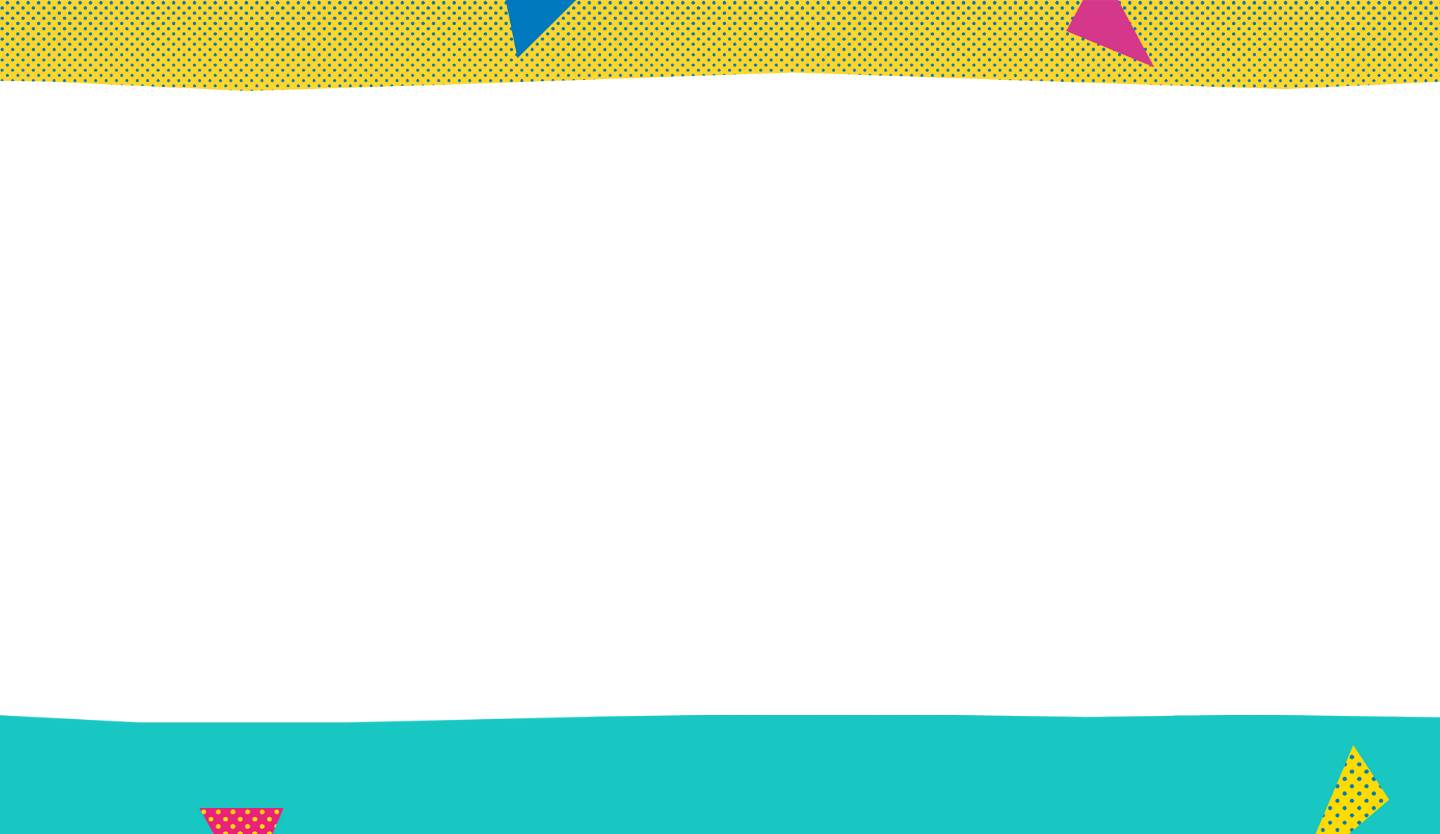We arrived at the port on Ios after a day and a half on the water. As the ferry ramp lowered like a giant whale opening its mouth, I could see the village rising from sea level all the way to the top of the cliffs. I took in my first view of the iconic, domed, white-washed houses set against the bright, blue sea and sky. My friends and I fell in love with the tiny, Greek island on the spot.
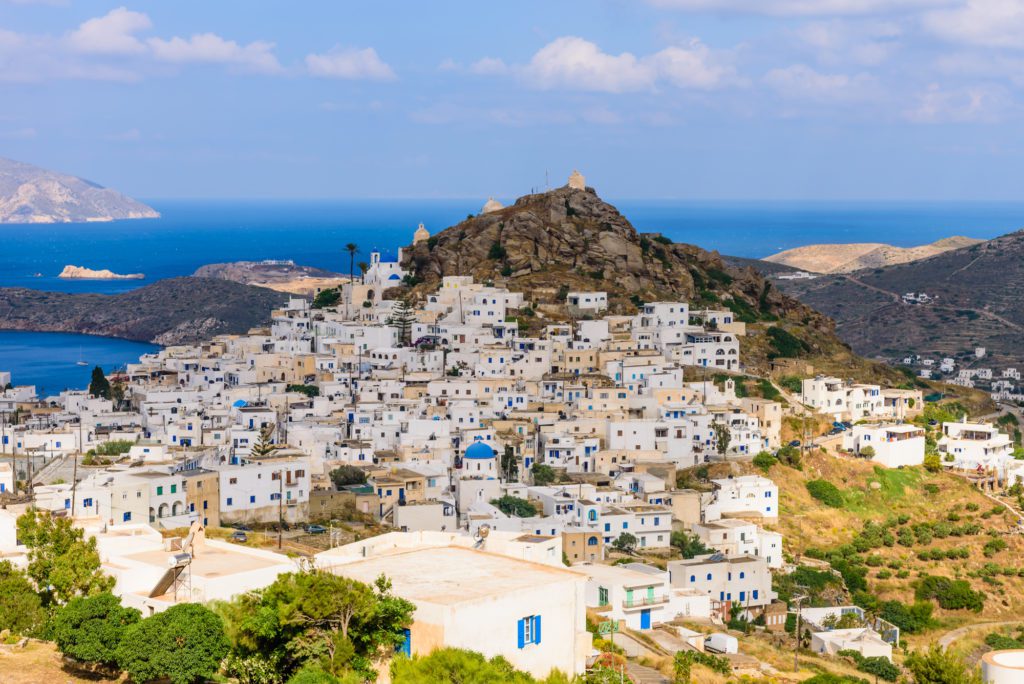
We were scheduled to stay on Ios for 4 days. We stayed for six weeks.
During our first night on the island, we discovered a bar named Homer’s Cave. Who could resist? The four of us walked in and sat at the bar. The three handsome bartenders behind the bar looked at us, and then each other, and grinned.
They suggested we try one of their favorite drinks, the B-52. 4 shot glasses were lined up on the bar, and they poured various liquids in each before lighting them on fire. As a recent college graduate who had subsisted mostly on beer, I was intrigued by this exotic concoction.
“Yamas!” we shouted to each other before blowing out the flames and knocking back the shots.
We sat for hours at the bar, talking with Elias, Lakis, and Mario. We were fast friends and had an immediate connection. They found our quartet of southern accents to be hilarious and indulged every request to play our favorite records. We danced and drank until the very early hours of the morning.
We returned the next night and the next.
We began meeting for coffee in the square in the mornings, for beer at the beach in the late afternoons, at Homer’s Cave at night, and then for dinner after the bar closed. We were inseparable. A fourth fellow who lived with Lakis, Giorgos, joined our clique.
Our itinerary-driven mindset for “seeing Europe” evaporated. Each time we made plans to leave the island and continue touring Europe, we conveniently missed the ferry. Ios was transforming us, and we loved how carefree and spontaneous we felt, as well as how deeply-immersed we were in the culture.
We left our cameras, maps, and guide books in our backpacks and lived like islanders instead of tourists.
One morning, Lakis invited us up to his house. We made the long, steep walk up the narrow paths and stairs to the house he shared with Giorgos. We walked in to find an open space comprising about 350 square feet and two, small bedrooms side by side. There were four items in the room: one small table, a couple of chairs, and a small sofa. Each bedroom had a small bed and a little table. There were a few books here and there.
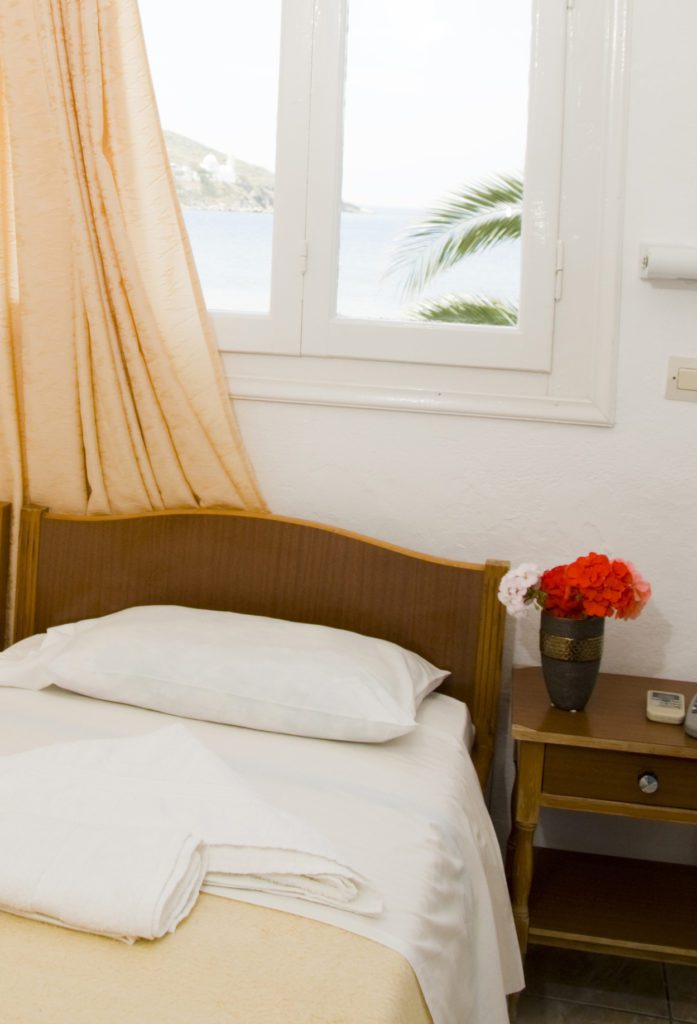
It was the most incredible space I had ever seen.
As I sat down on the sofa, I realized how my life was overstuffed with things, and I was immediately aware of the weight and suffocation of those possessions. I loved the stark contrast of the energy in the small, sparsely-decorated house. Chi flowed without effort like the breezes that came through the windows. Something inside of me flipped over: could living truly be this simple and peaceful?
When I returned to the US, I tried to duplicate the energy of that house in my own living spaces (and was mostly successful at doing so when I lived in Boston and London). As the distance between that summer in Greece and my adult life grew wider, though, I let the culture of consumerism worm its way into my life and surroundings. Slowly, “stuff creep” invaded; each object sucked out just a bit more oxygen.
My senses had become dulled, and my creativity had a film over it like a Vaseline haze on a camera lens. Ideas bubbled under the surface, but couldn’t push through to my conscious mind without great effort. I felt blocked, stuck, lethargic, weighed down, and unable to carry thoughts and concepts through to crisp conclusions.
About five years ago, I snapped out of the fog and remembered that small house on the hill in Ios. I recalled the scene of watching Giorgos doing his bookkeeping on the tiny table with only a pen and spiral notebook.
I decided to clean house.
Letting go of a lifetime of accumulation took me several passes. Eventually, I arrived at where I am now–owning very few possessions. My standard for how much stuff to have is this: if someone were to come to my door and say I had to leave in six hours, I could pack everything up and be gone. Everything.
There truly is a magic to living lightly.
Not unlike the decision some entrepreneurs make to dress in the same clothes each day in order to preserve mental bandwidth, focus, and energy (Mark Zuckerberg, for example), I have found owning fewer things has a direct correlation to my having better access to my creativity.
I am also convinced one’s joyful relationship to others and to one’s self is heightened. I no longer seek to surround myself with things; I seek experiences and personal connections.
There is a beautiful scene in the documentary of Gore Vidal’s life, The United States of Amnesia. Gore is seated at his desk in his house in Ravello. He notes that when he arrived decades before, there wasn’t much in the house, except for a desk and a chair–the very desk and chair he has used to write several books over the years.
I couldn’t help but recall the image of Giorgos crouched over the table with his spiral notebook. I realized that the tools we need for creating are simple; it is our spaces that we must liberate in order to tap fully into what we are capable of.

